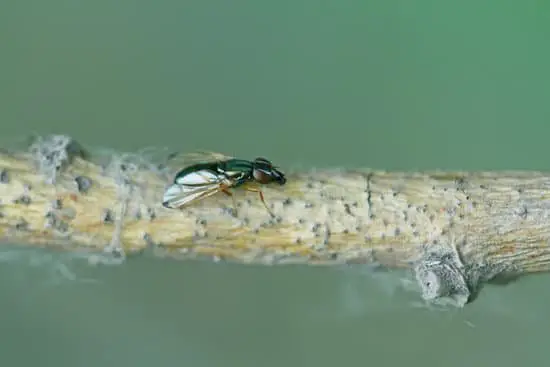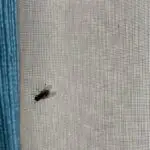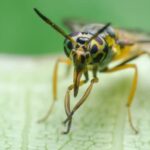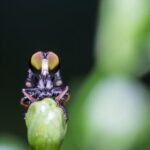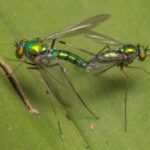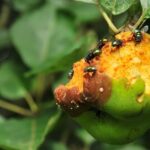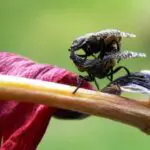When Do Horse Fly Bite?
Horse flies can be uncomfortable and even painful, and their bites can reduce the production of milk in cattle. They can also impede the grazing of horses. When attacked, animals will often gather together in an effort to avoid the horse fly. However, the pain and itching associated with horse fly bites can be significant, and if the animal scratches the bite, it may lead to secondary infections. General first aid skin creams can be applied to relieve the pain and irritation.
Antihistamines can be applied to relieve the itching, and you can also try natural treatments such as raw honey or vinegar. In addition, you can also try applying mud or ice to the bitten area. While these natural treatments are effective, you should avoid scratching the bite as this may cause infection. You can also apply an antihistamine to reduce the swelling. If you have an allergic reaction, you should seek medical attention right away.
Horseflies bites are usually on the legs, abdomen, or neck. The bites appear as painful papules or grains of wheat. They also cause redness, swelling, and itchiness around the area. The bites can be quite painful, and can lead to allergic reactions. However, you should not worry too much as the horsefly does not transmit serious diseases.
